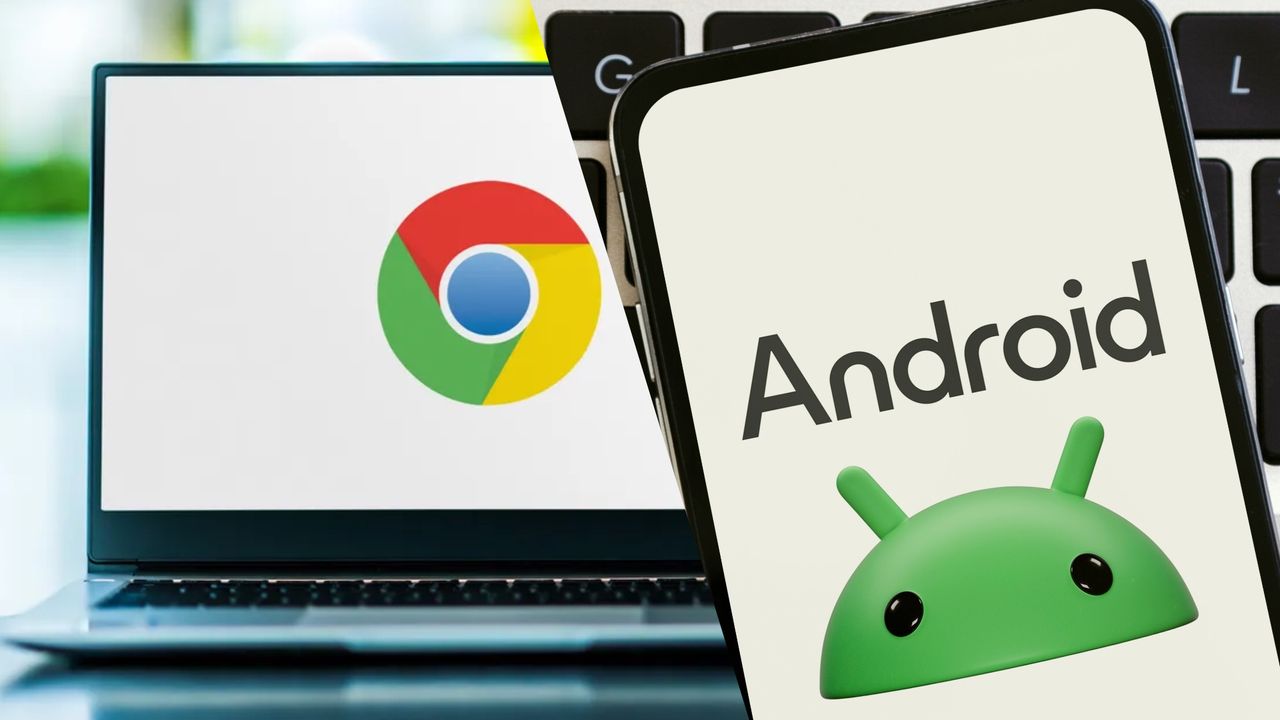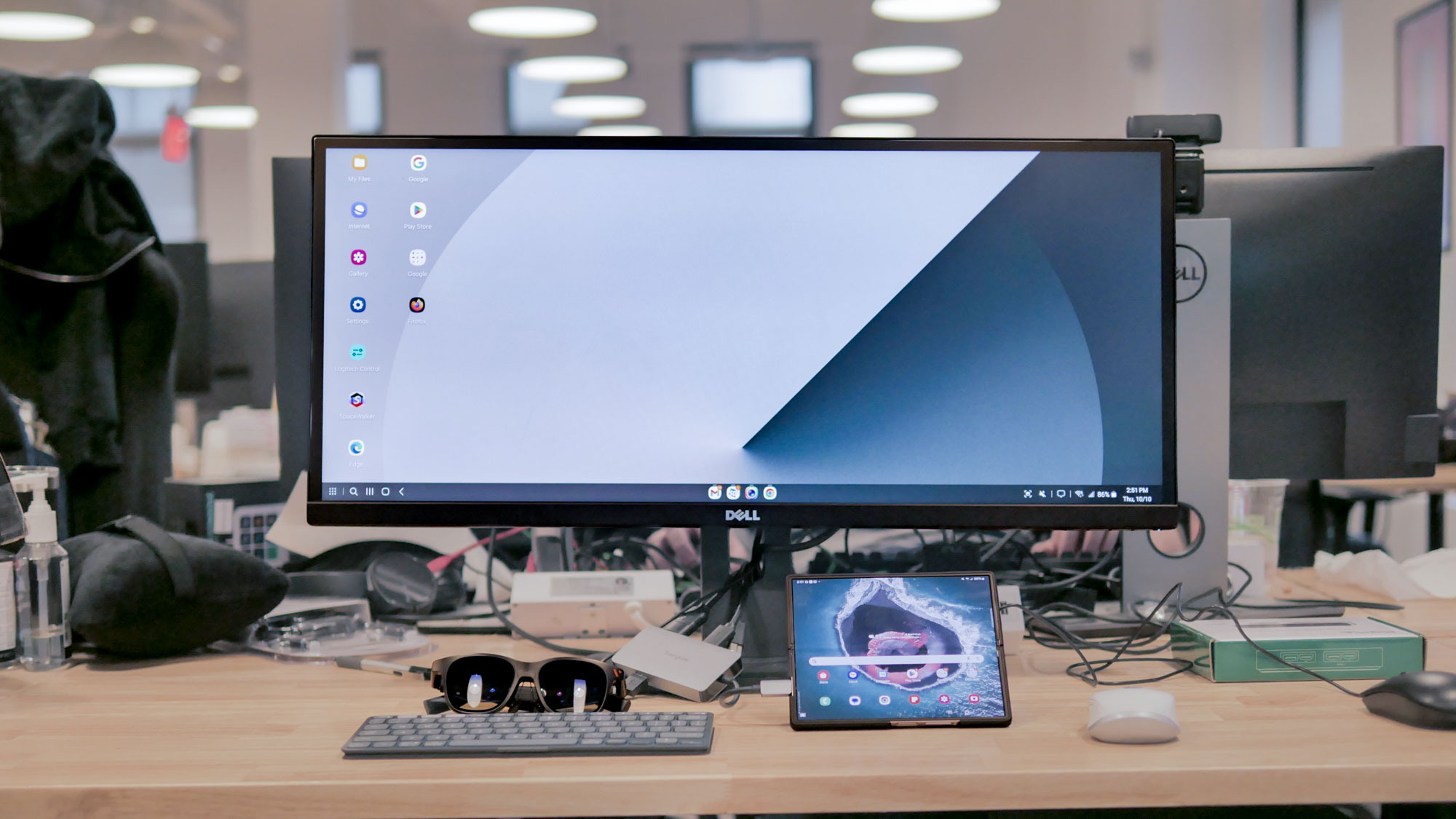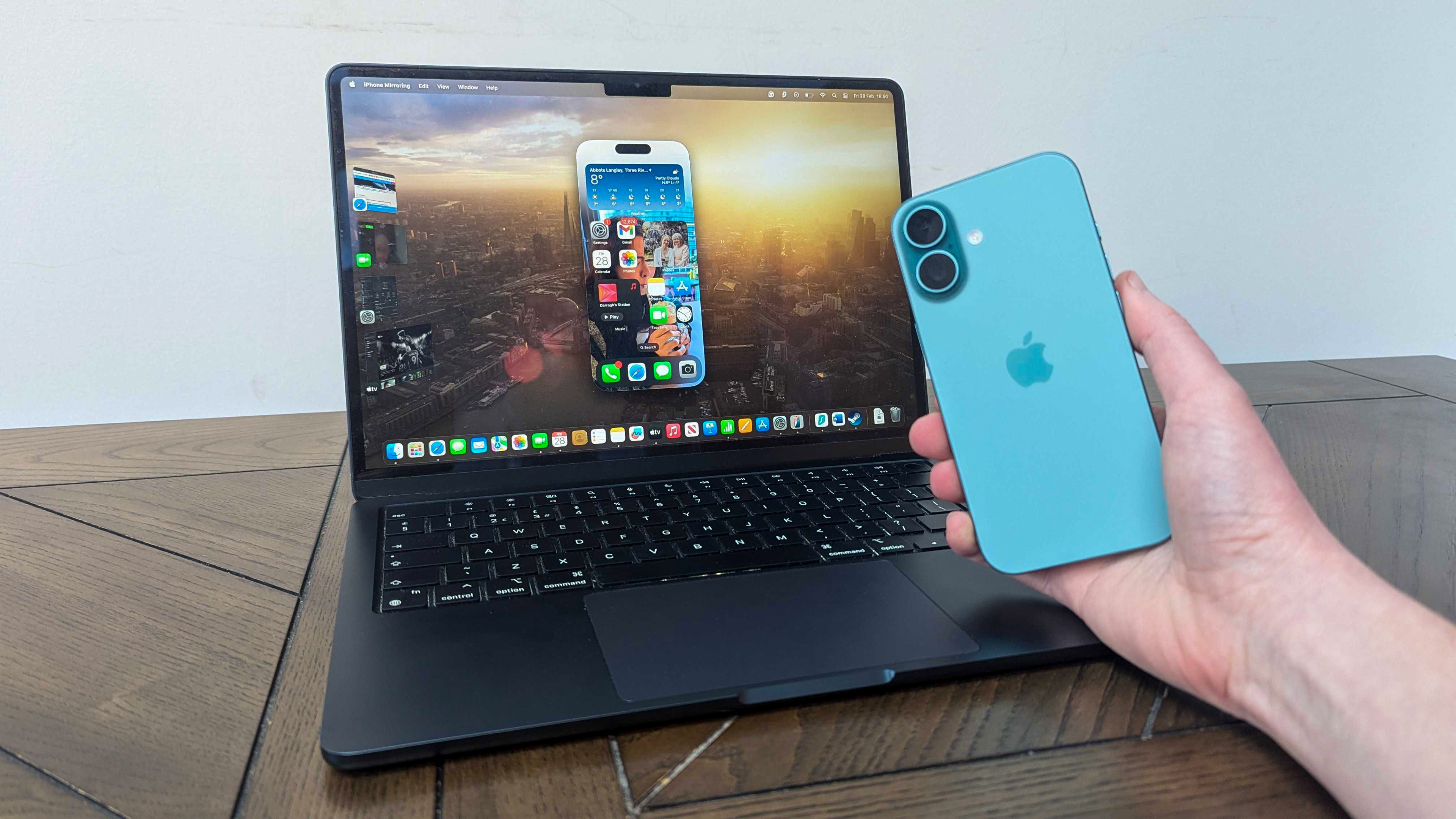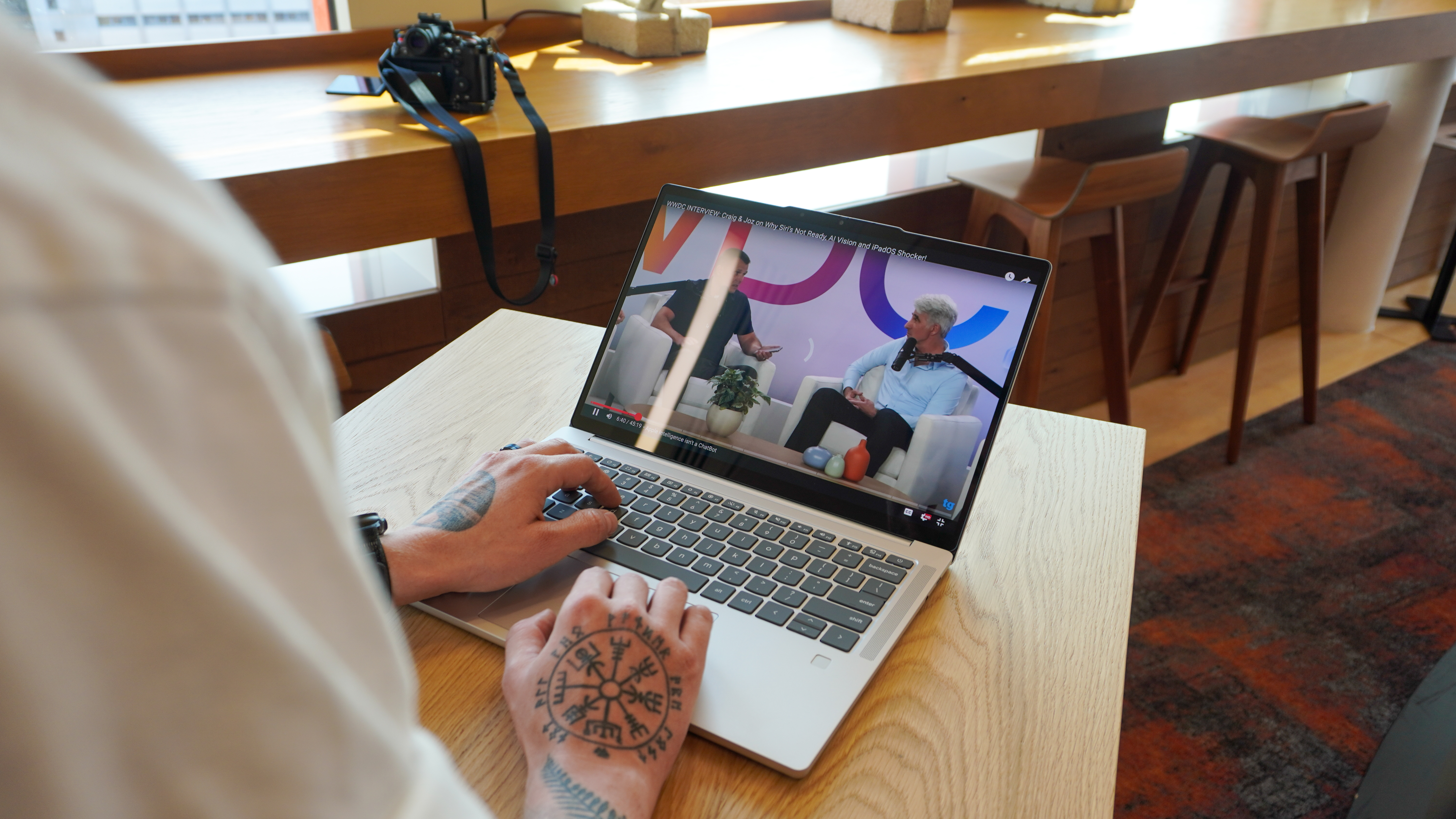
Chrome OS is good and all, but it’s always felt distant — on an island of its own away from the might of Android. Well, it turns out Google finally got the memo to send a rescue boat out to said island, as an executive has confirmed the company’s plans to combine the two platforms.
This comes in an interview with TechRadar, where Sameer Samat, president of Android ecosystem at Google, just dropped this nugget into a conversation about why the interviewer was using a suite of Apple devices.
I asked because we’re going to be combining Chrome OS and Android into a single platform, and I am very interested in how people are using their laptops these days and what they’re getting done.
Sameer Samat, President of Android ecosystem at Google
Now, we have heard this before. Back in November, Android Authority reported that a source inside Google had said this was the mission. However, this is the first time Google has confirmed it on-the-record. And honestly? It may be a few years late in my eyes, but I’m glad it’s finally happening. Let me explain.
Android’s hitting the big screen

This comes off the back of Android bringing some new big screen features to the table, such as a proper desktop mode a la Samsung Dex, improved adaptability of apps, better external display support and windowing within the desktop.
Basically, Android is now able to do pretty much everything that a Chromebook could, so why have the two running side by side in isolation of each other?
I’ll always appreciate what Chrome OS has brought to the table, though. I mean with the Lenovo Chromebook Plus 14, Google was able to make low-key one of the best laptops for students, sharpen up the OS with quick shortcuts and add AI features that are logically added rather than clumsily overlaid (looking at you, Microsoft Copilot).
But what was learnt in Chrome OS can also come over to Android too, and having it all in one place unlocks a special new perk on the computing skill tree.
‘It just works’

This is the moniker you hear around a lot of Apple devices. It’s one of the reasons why I use them, why Lance who conducted this interview at TechRadar uses them, and hell, it’s probably why a lot of you out there use them.
The fact that everything just comes together through Continuity features and marries these devices together nicely is always one of Apple’s superpowers that Google has been able to do somewhat, but just not to the level of smoothness you’d find in the Cupertino playground.
To do it properly, you need real sync up in the operating systems, which for all the heavy lifting Google did with Chrome OS to try and make it talk to Android, it was just not feasible. But now a proper merger is on the cards, this is the answer to all of its problems.
And stat-wise it makes sense too. According to most recent data, around 1.25% of the world’s computer users are on Chrome OS — down from nearly 2% last year. With a downward trajectory, change needed to happen, and this might just be the smartest decision the company’s made in a decade.
So what now?

As this was a quick quote from a Google exec, there are some questions I have that remain unanswered as of now:
- Does this mean any Android device could be a desktop device too? Imagine the Pixel 10 getting a laptop-esque accessory (like the long-gone NexDock) to browse your device like a laptop. Pretty cool, right?
- What does this mean for current Chromebooks? Android does technically work on Arm and the more computer-traditional x86 architectures (I go more into the differences in my review of the AMD-armed Asus Zenbook S16), but we’re talking over 99% of its features and apps have been built with Arm in mind. What happens to Chromebooks that are running older Intel chips? Are hardware requirements going to change drastically and leave these people in the cold?
- What about updates? Chrome OS is usually updated every four weeks, mostly for security reasons but Google does sneak some new features in there too. Will moving to Android’s more infrequent feature drops affect this?
We don't have answers to any of these, and it'll be just a case of waiting and seeing what happens (my guess is by the time Android 17 rolls around). But as far as the initial news itself goes, this is an encouraging step in the right direction for Chromebooks.







